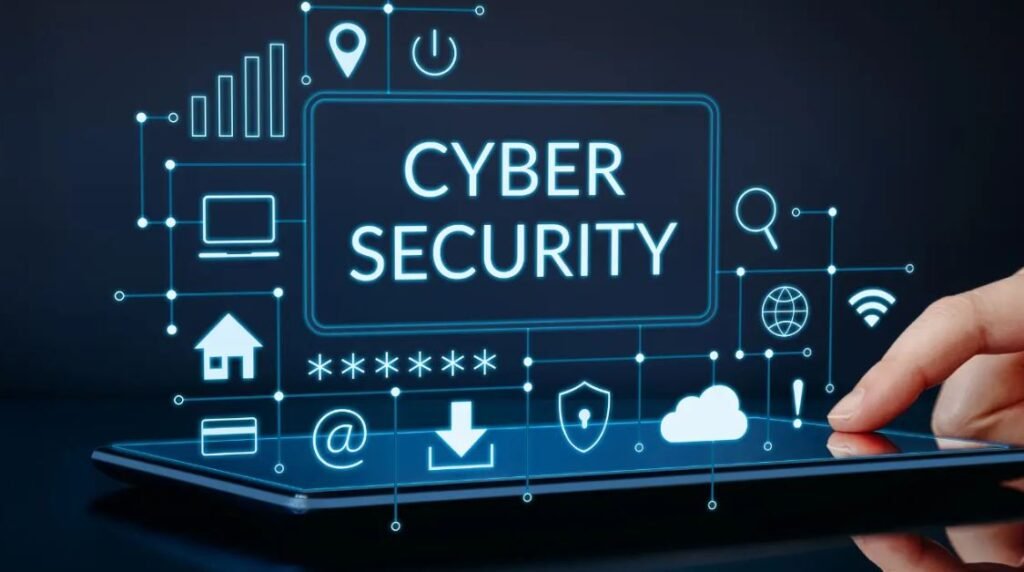
Navigating Digital Frontiers
In the ever-evolving digital age, cybersecurity protects against increasing cyber threats. It has become essential to understand the importance of cybersecurity and develop the necessary skills through specialized courses. This article aims to demystify the world of cybersecurity courses and explore their importance, learning outcomes, and the crucial role they play in securing the digital space.
Understanding Cybersecurity Courses: Securing the Digital Space
Description of the Cybersecurity Course
Cybersecurity courses are educational programs that aim to equip students with the knowledge and skills needed to protect digital systems, networks, and data from cyber threats. These threats range from malware and phishing attacks to more sophisticated cybercrimes, making cybersecurity education extremely important in today’s technology-driven society.
The Importance of Cybersecurity Education
As dependence on digital technology increases, so does the complexity and frequency of cyber threats. Cybersecurity education empowers individuals, businesses, and governments to understand and mitigate these threats and create a secure online environment.
Embarking on a Cybersecurity Journey: What to Expect
Basic Concepts
Cybersecurity courses usually start with basic concepts and introduce students to the fundamentals of computer networks, encryption, and the threat landscape. This enables students to understand the key elements underlying cybersecurity.
Practical Skills Development
One of the hallmarks of effective cybersecurity courses is the emphasis on practical, hands-on learning. Students often work on simulated scenarios where they must identify and respond to cyber threats, providing real-world situations for the skills they acquire.
Areas of Specialization
Cybersecurity is a broad field, and courses allow students to specialize in areas such as ethical hacking, digital forensics, and security analysis. These specializations allow students to tailor their studies to their specific interests and career goals.
Benefits of Cybersecurity Education: Crossing Digital Boundaries
Career Opportunities
One of the key benefits of completing a cybersecurity course is the variety of career opportunities available. With the growing demand for cybersecurity professionals, those with relevant education and skills can enter roles such as cybersecurity analysts, penetration testers, and security consultants.
Contributing to Digital Resilience
Cybersecurity education contributes not only to individual careers but to the resilience of the entire digital ecosystem. Well-trained cybersecurity professionals play a key role in strengthening organizations and societies against cyber threats and ultimately contribute to a safer digital world.
Continuous Learning and Adaptation
The dynamic nature of cybersecurity requires professionals to stay abreast of the latest trends and emerging threats. Cybersecurity courses often instill a continuous learning mindset, allowing you to adapt to the evolving cyber environment throughout your career.
The Result: Empowering a Cyber-Secure Future
In conclusion, cybersecurity courses are the gateway to a world where individuals hold the key to digital resilience. These courses unlock the complexity of cybersecurity, enabling students to navigate the digital frontier with confidence. Whether driven by a passion for technology, a commitment to data protection, or a desire for a fulfilling career, those who embark on the journey of cybersecurity education will be well on their way to securing the digital future for generations to come.










